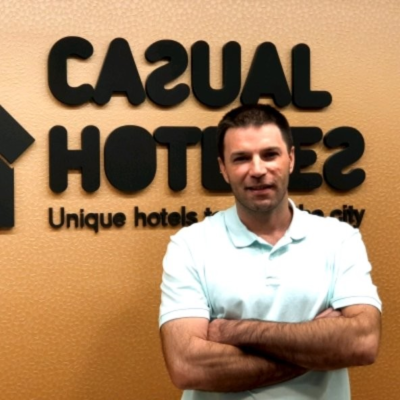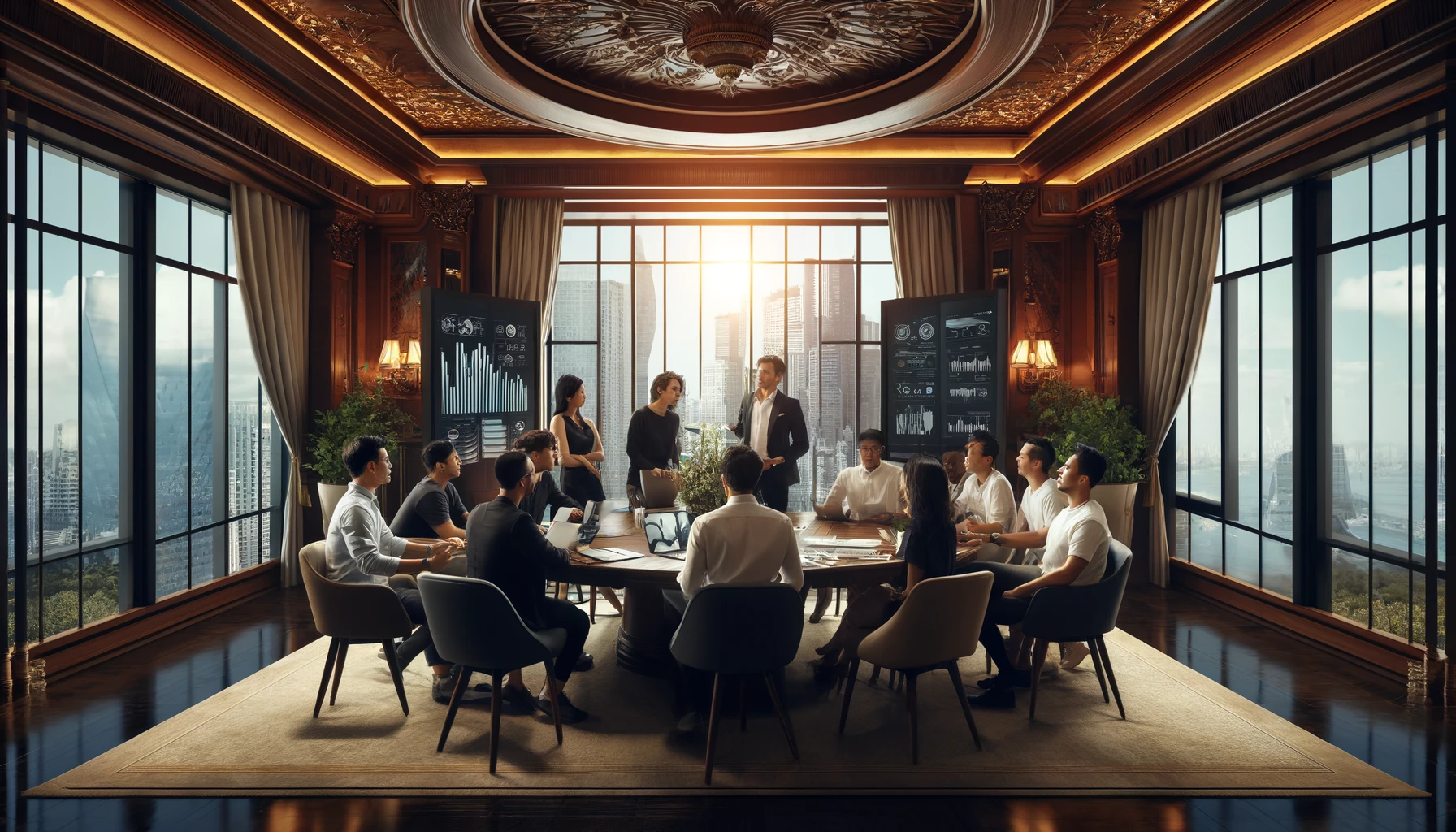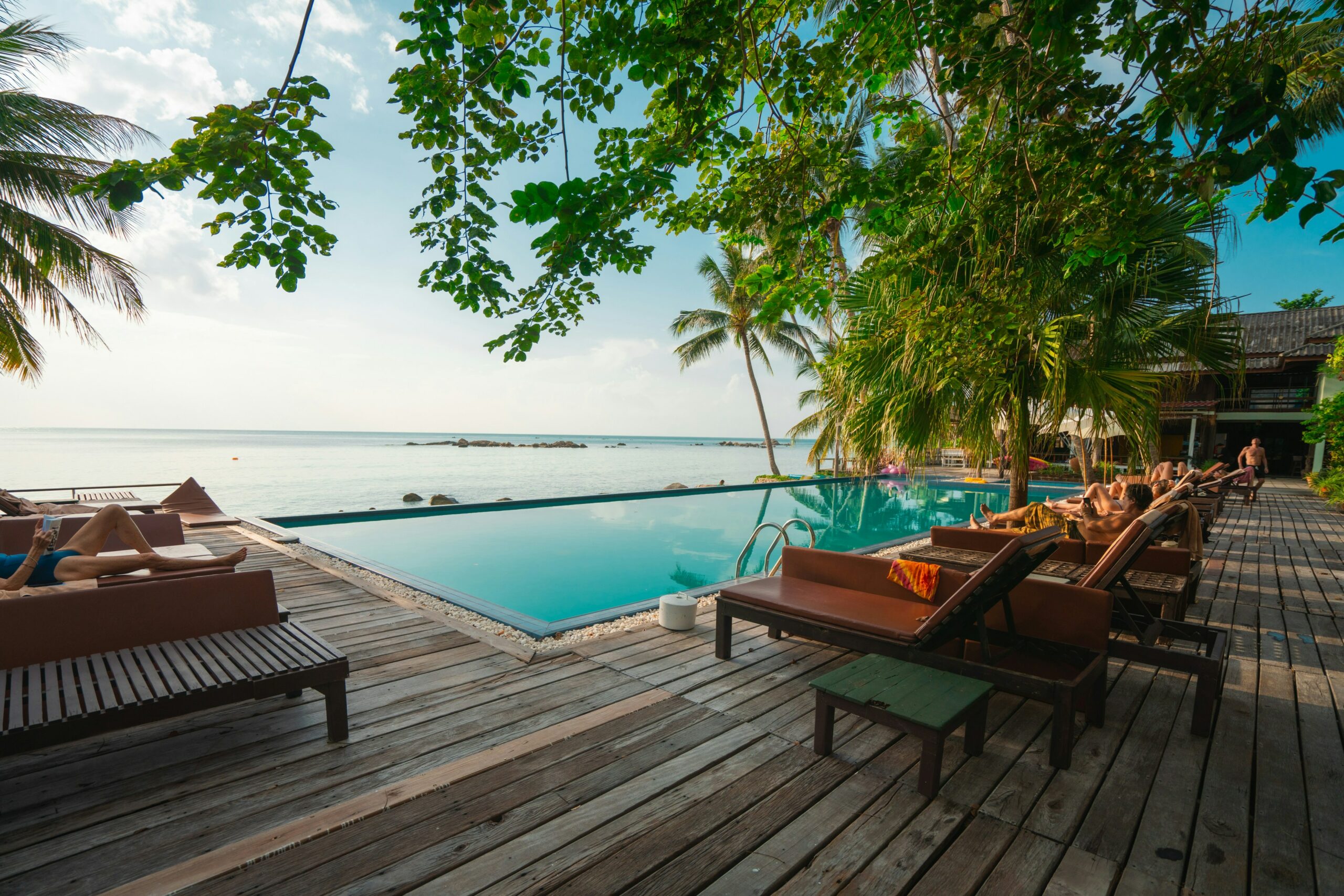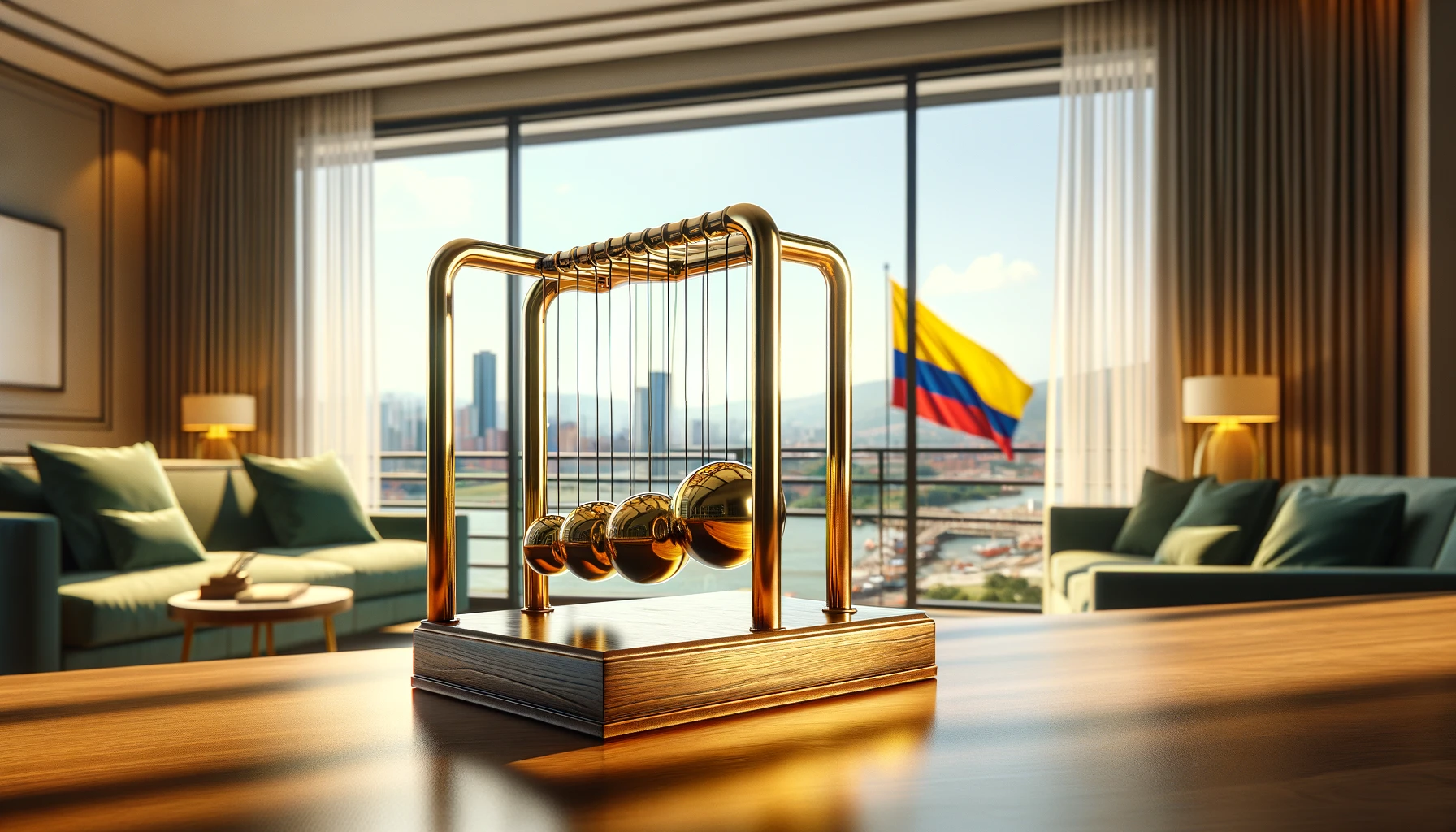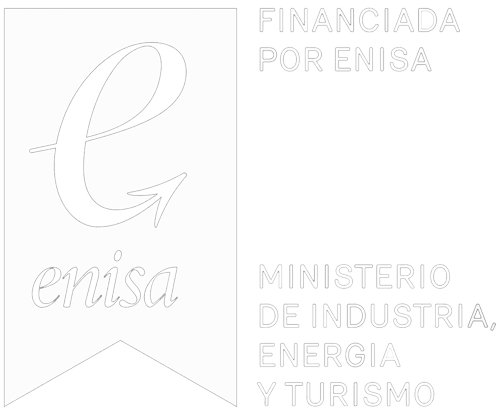Adapting Your Product Strategy to Millennials
Before creating a product, you must consider several factors such as the determination of differentiation, the objectives of your commercial policy, and strategies that will give your company a competitive advantage.
In this article we will be focusing on the millennial generation, a heterogeneous youth group born between 1980 and 1995 which will be the main consumer group in the next years (hence our interest).
One thing to be mindful of is that millennial customers have very specific and demanding needs. The young shoppers like to compare their options to get the best deals and are highly informed about latest market trends and opportunities. For these reasons, hoteliers need to incorporate dynamic and flexible strategies, with a collaborative point of view.
Another thing to keep in mind with millennials is their presence in multi-channel environments. Therefore, it’s important to incorporate cross-channel marketing with unified brand approaches. This will help your hotel stand out even more than if your hotel were to offer a personalized product. Triptease, a British startup company that offers a SaaS to help hotels increase direct sales, conducted a study and obtained the following results on Millennials:
-
85% of millennials check multiple sites before booking travel to get the best deals possible
-
About 50% of millennials are willing to exchange personal information for relevants offers.
-
More than a third of millennials stay with the same loyalty program that gave them the best overall value
The approaches you take for your hotel will impact millennials both at the commercial and product level. If you want to reach millennials and maintain a competitive advantage you need to take into account the following 10 factors when distributing your hotel´s offer:
-
Take care of your online reputation since positive online reviews influence millennials´ travel booking decisions. One of most important factors, just behind price, that influences millennial booking decisions are reviews on social travel portals. Hence, why you should adequately manage these areas, since it will almost certainly be closely related to the quality of the tourism product.
-
Build a product that integrates local culture. It is not wise to develop your hotel´s product strategy without taking into consideration the destination and the local population, at least if you are interested in attracting millennials. Your hotel needs to be a reference of local culture as this will give your hotel an edge and will appeal more to this generation.
-
Go digital. Use technology to connect with users before, during and after their stay at your hotel. Facilitate the traveler’s digital experience by modernizing your website, adding highly visual content and making your website mobile-friendly. You will have more millennial conversions by being present throughout the travel process.
-
Secure loyalty. Look at securing loyalty from frequent travelers. This type of traveler should be considered a “premium” traveler within your hotel´s loyalty strategy as they will boost profitability.
-
Offer convenient services. Millennial travelers expect additional features from their hotel, but are still price sensitive, expecting more value for their buck. In the future, we will most likely see the unbundling of hotel amenities. This will allow millennials to “pay-as-you-go” for extra premium services, such as Wi-Fi or shuttle services.
-
Engage, but don’t force interaction. Although Millennials stay connected, they don’t want to be bombarded with offers left and right. They want to focus on content of their choosing. It’s also important for hoteliers to talk with millennials, not to them, since they identify with brands more personally and emotionally and seek brands that reflect their personality and values.
-
Implement technology. If you want to please this generation and stay competitive, your hotel needs to keep up with the latest technological innovations. Millennials grew up with digital devices so they are able to pick up new technology quickly. If the value your hotel provides is the right kind of value, you will be able to attract and retain these valuable travelers.
-
Use online advertising, but with care. Online advertising attracts millennials, but it should be used with care. There needs to be a clear and direct relationship with the final product. Millennial travelers are attracted to advertising that resonate with their values and perceptions of life. Millennials value authenticity. By being consistent with your product and being honest with the traveler, you will humanize the sales and distribution processes.
-
Market the lifestyle. Millennials want memorable experiences, not products. So, if you want to attract millennial travelers, tell them about the local culture, the unique surroundings, and the history that makes your hotel unique.
-
Combine work and play.
Millennials are opting for “bleisure” travels, referring to trips that fuse business and leisure, since many jobs have taken a modern approach and allow people to combine vacation periods and work.Your hotel can enhance the business traveller experience by offering leisure travel options, including amenities and services that cater to their business needs and generating special rates for extended stays. Accommodating bleisure travelers will not only generate more revenue for your hotel, but offer a memorable experience for your guests.
If you take these factors into account, you will find it easier to adapt your product, content strategies, pricing policy and hotel´s distribution. You need to focus first on the client and then the product, not the other way around. By doing so, you focus on your potential customers´ needs first rather than develop a product without a basis. This is when it becomes highly important to know who your potential customer is. Building a buyer persona will help you gain valuable knowledge and steer you in the right direction when when it comes to creating effective touch points with your ideal customer, contributing to an increase in your hotel´s profitability.

